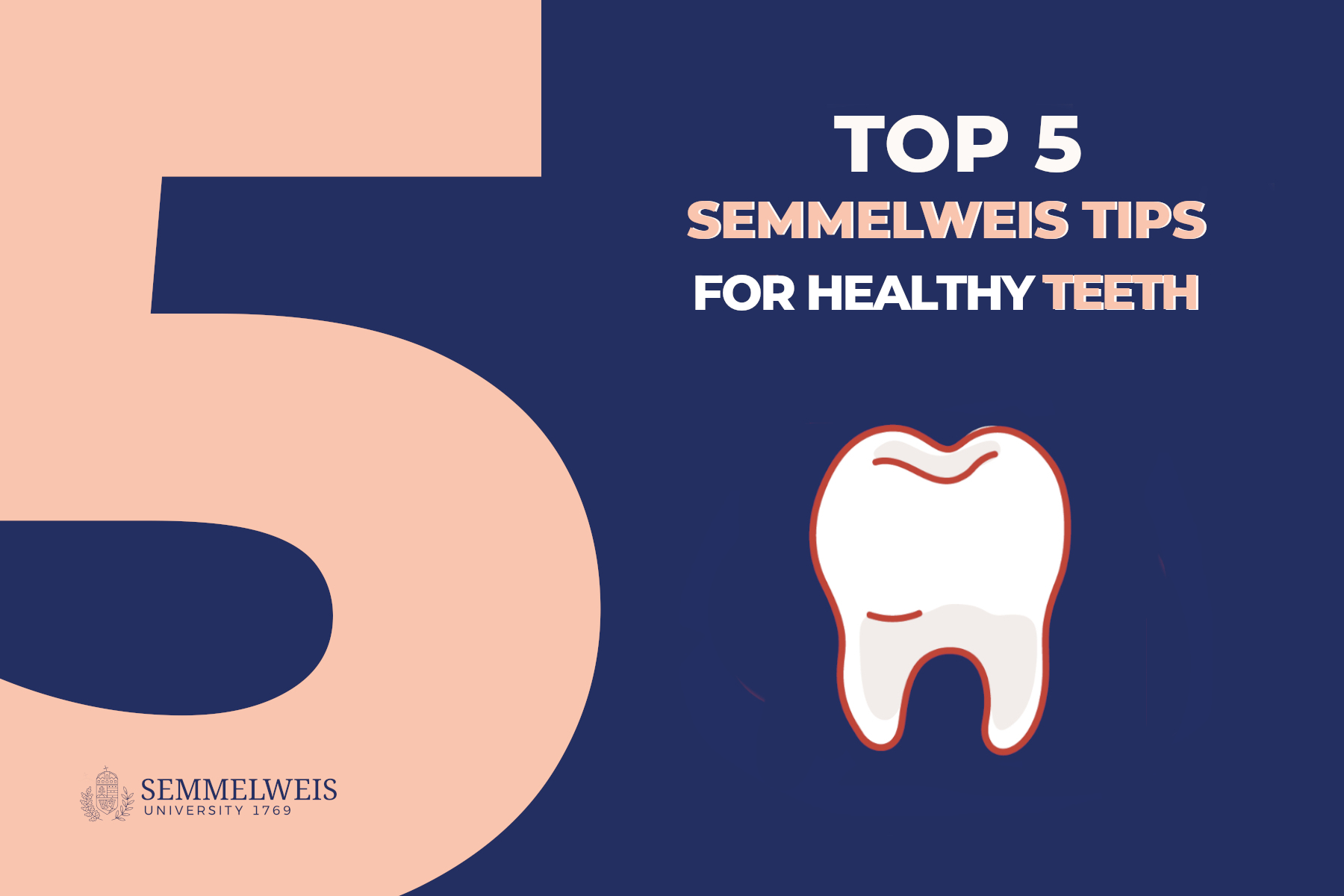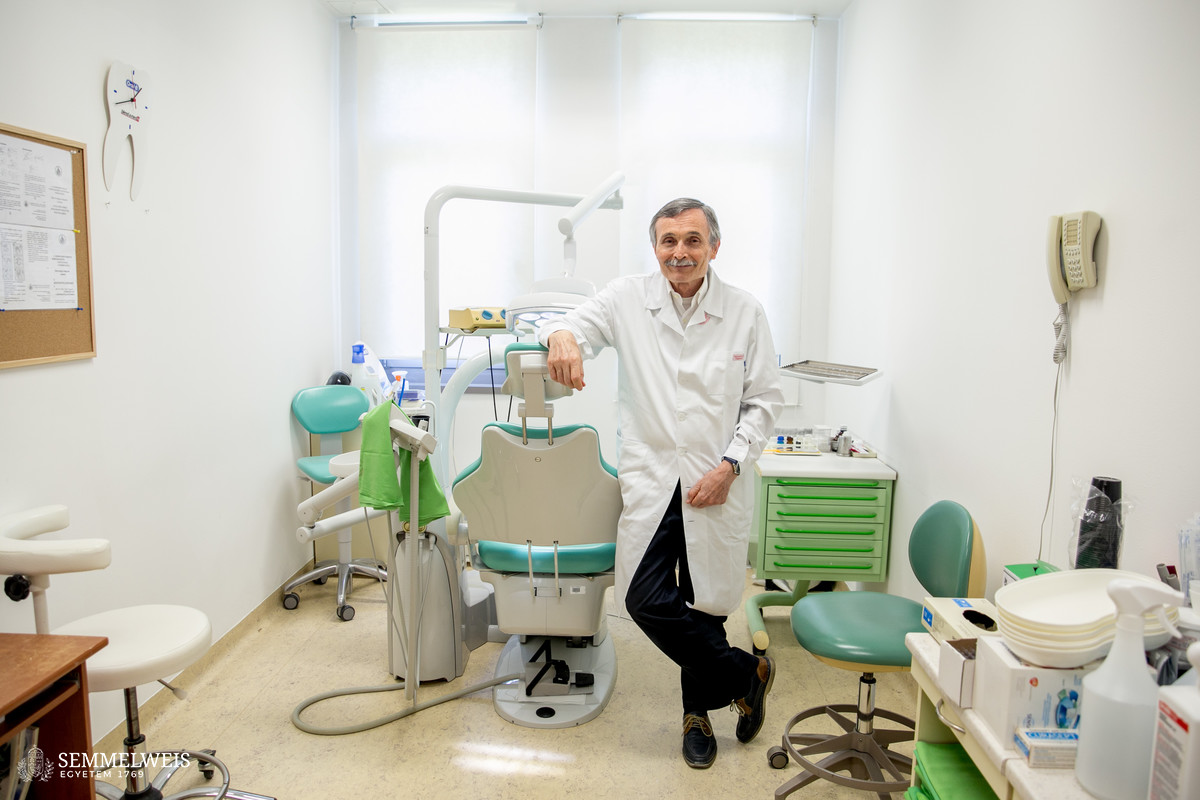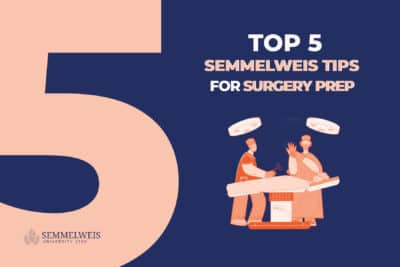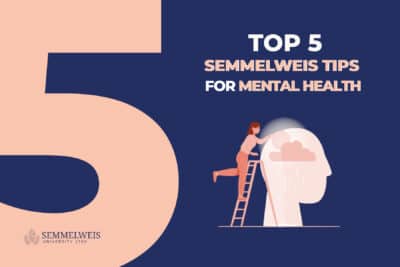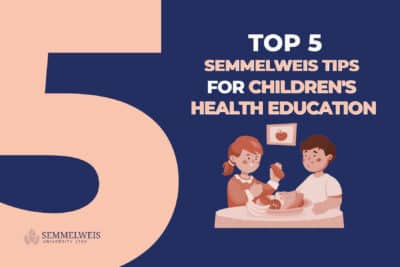1. Learn to use the toothbrush correctly
“Tooth decay and periodontal disease affect 90-95 percent of the population. There is perhaps no other common disease that can be completely prevented by a timely prevention program, i.e. by learning the correct brushing technique at a young age,” says Dr. István Gera. He stresses that a toothbrush works like an abrasive: Where it comes into physical contact with the tooth, it removes the soft plaque (called biofilm), but if the bristles of the toothbrush do not come into contact with the tooth surface, it is not going to be effective. It is recommended to brush one’s teeth twice a day, in the morning and in the evening, but according to him, the correct technique is so important that it is better to brush one’s teeth once every two days with an individualized and proper technique than to brush superficially five times a day, missing the hardest-to-reach tooth surfaces. It is recommended to replace toothbrushes every three months, and care should be taken to clean both the outer and inner surfaces of one’s teeth thoroughly. This takes one and a half to two minutes with a standard toothbrush and at least one minute with an electric toothbrush.
2. Visit your dentist regularly
“To prevent tooth decay and periodontal disease, it is also essential to have a professional oral cleaning, i.e. plaque removal and tooth polishing, carried out at least twice a year by an oral hygienist, dentist, or periodontist. Health-conscious behavior is very important from a young age: regular dental cleaning by an expert gets rid of persistent plaque, and then daily cleaning can effectively prevent the build-up of fresh plaque,” says Dr. István Gera. He also stressed that dental caries can only be reversed in the very early stages, and periodontal disease is irreversible but can be put into remission with proper treatment. That is why the key issue in both caries and periodontal disease is to treat it properly as soon as possible, he said, adding that while caries can cause relatively early symptoms, periodontal disease can remain asymptomatic for a long time – if we don’t consider bad breath. It’s vital to pay close attention to oral hygiene, the first sign is bleeding gums, but if you have other complaints you should see a specialist as soon as possible, advises Dr. István Gera.
3. Use floss and dental cleaning tools correctly
Our teeth are an incredibly complex structure, so cleaning them requires a complex approach, stresses the professor, who says that in healthy people, a 1 mm gap between the tooth and gum can be kept clean with proper brushing, but in the interdental area, under the gum papilla, a surface of about 3 mm is open to bacteria. This area is not accessed by the bristles of the toothbrush and flossing may be necessary. According to Dr. István Gera, in young people, if the interdental spaces are tight and you cannot see between the teeth, flossing is essential, as well as if the gums are prone to bleeding, due to the build-up of bacteria, dental plaque. Here too, correct technique is key: flossing incorrectly can cut the gingival papillae, which can do more harm than good, says the professor. When flossing is done correctly, the floss is inserted gently through the contact point where the two teeth meet. Another tool, the interdental cleaning brush, is recommended for older people when the interdental space is already open, i.e. when there is more than 1 mm between the two teeth: This is due to bone decay and receding gums caused by periodontal disease.
Toothbrushing is particularly important for individuals prone to periodontal disease, but the untreated pocket should not be cleaned with a interdental cleaning brush, which should only be used after proper treatment by a specialist. Its use should be learnt from a specialist, following the instructions exactly, making sure that the proper sized instruments are used.
4. Keep the bacteria in your mouth under control
According to the professor, the oral cavity is the most infected microbiome in the human body, with 700 different pathogenic bacteria detected. If pathogenic bacteria proliferate in the gaps where our teeth meet the gums and in the plaque that accumulates in the interdental spaces, this can have serious consequences not only for our teeth but for our entire body. Dental problems affect our overall health: Among other things, inflammation of the endocardium, cardiovascular disease, pregnancy and childbirth complications, and pneumonia can be linked to the bacteria that can live in our mouths if we don’t pay enough attention to oral hygiene, warned Dr. István Gera, adding that untreated periodontal disease is also responsible for a high proportion of tooth loss.
5. Quit smoking, skip sugary drinks
Smoking and drinking sugary drinks can damage your dental health in the long term and can contribute to many dental problems. According to Dr. István Gera, smoking is one of the most important risk factors for periodontal disease, so if you don’t smoke, you have already done a lot for the health of your teeth. A varied diet is also important: A diet rich in calcium, vitamins C and B contributes to maintaining healthy teeth. However, carbohydrates stuck to the surface of teeth, the spaces between teeth, and in the plaque can damage our teeth in a number of ways. By feeding the bacteria that cause tooth decay, they contribute to acid production, which in turn erodes the tooth enamel, leading to irreversible enamel damage, or caries.
According to Dr. István Gera, regular and excessive consumption of juices and sugary soft drinks should be avoided, and instead he recommends drinking clean tap water.
In regard to meals, he also pointed out that tooth brushing should not be done immediately after meals, because the slight enamel dissolution caused by acidic foods makes the tooth enamel somewhat softer and less resistant to the abrasive action of the toothbrush. After half an hour or so, however, our saliva restores the balance as a saturated saline solution, after which it is safe to brush our teeth.
The first part of our series on lungs is here; while the part on keeping your joints healthy is here; you can read our tips on healthy eating here, top Semmelweis tips on brain health here, and our article on healthy sleep here.
Péter Pogrányi
Translation: Viktória Kiss
Photo by Attila Kovács – Semmelweis University
